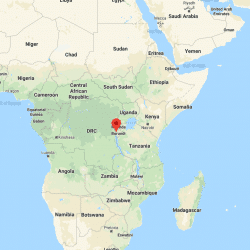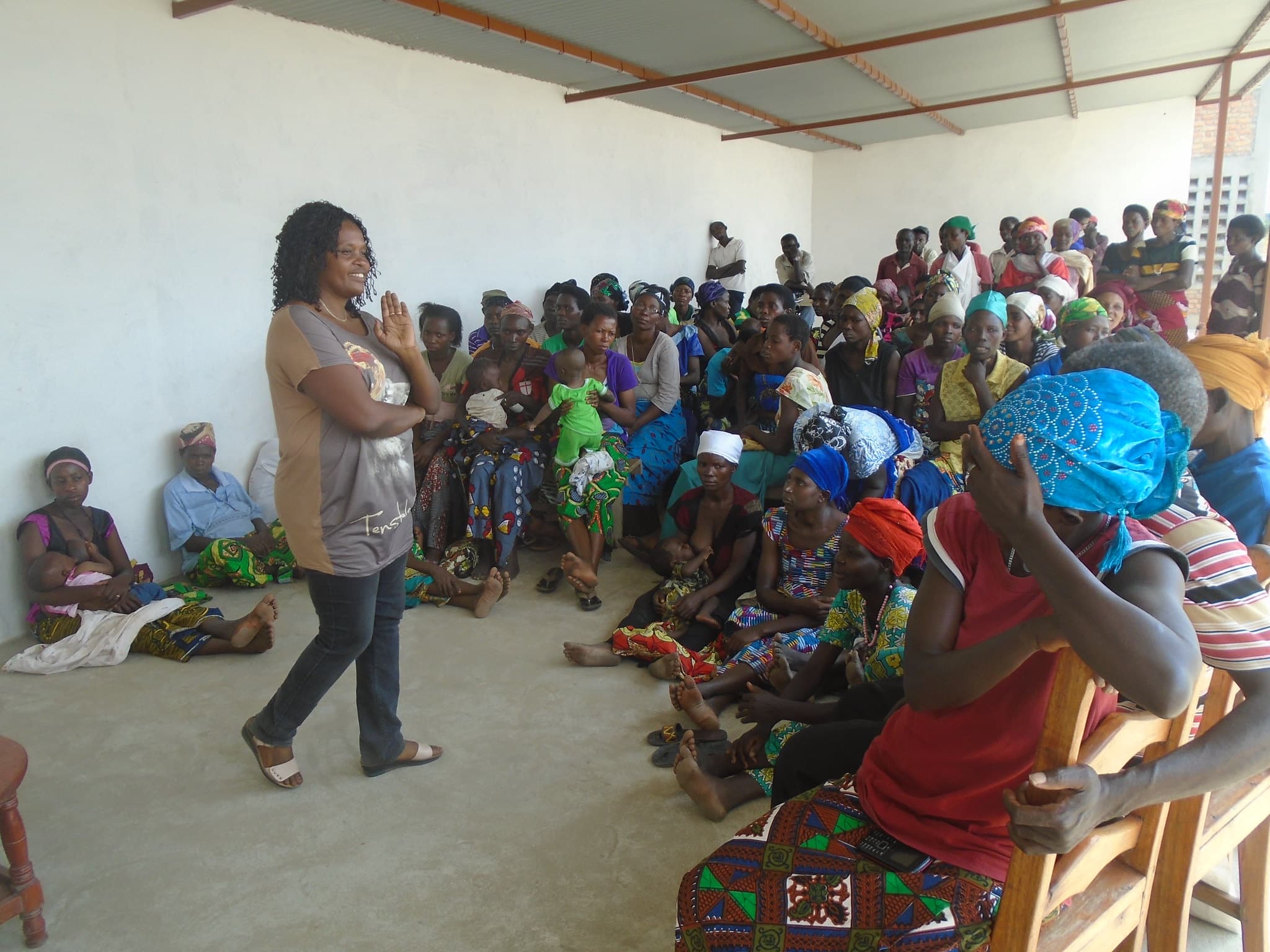Context
Political, social and economic crisis, extreme food insecurity, COVID-19, malaria epidemic, negative impact of climate change are issues that impact Burundi, a country in Africa where nearly three quarters of the population lives below the poverty line and 51% of children under 5 years of age suffer from chronic malnutrition. Burundi is in the midst of a major humanitarian crisis. More than 460,000 Burundians are uprooted, whether within the country or in neighboring countries.
FXB in action
Malnutrition, unfavorable climatic conditions, disease, unsanitary housing… Burundi’s poorest people face a variety of complex challenges. It would be a mistake to only address the issue of income! Partial aid, addressing only one cause of poverty, is not a sufficient solution to overcome it.
Our Economic and Community Development FXBVillage model is a holistic approach to poverty reduction. It aims to simultaneously address 5 underlying factors: economic poverty, malnutrition, lack of access to health care, lack of access to education and information, and unsanitary housing and environments. It is also about fighting against all forms of discrimination, particularly gender discrimination or gender-based violence, in order to balance relations between men and women so that the latter, who are more exposed to poverty, can access the same economic and social opportunities.
13 FXBVillage programs have already been developed in the municipalities of Bujumbura Mairie and Rural, enabling more than 10,000 adults and children to escape extreme poverty by acquiring the skills needed to survive. Furthermore, nearly 40,000 people have also benefited from FXB’s presence in their communities through its various activities related to economic and social capacity building, access to water and sanitation, and infrastructure rehabilitation.
In 2014, 2018 and 2023, in this region where the economy and survival are largely dependent on agriculture, hundreds of families lost everything as a result of devastating floods. Thanks to the support of the Swiss Agency for Development and Cooperation, the King Baudouin Foundation, the Arcanum Foundation, the Department of International Cooperation of Monaco and the International Solidarity Service of the Canton of Geneva, we have been able to fix and rebuild houses and latrines and enable the agricultural activities of 1,500 affected people to resume.


